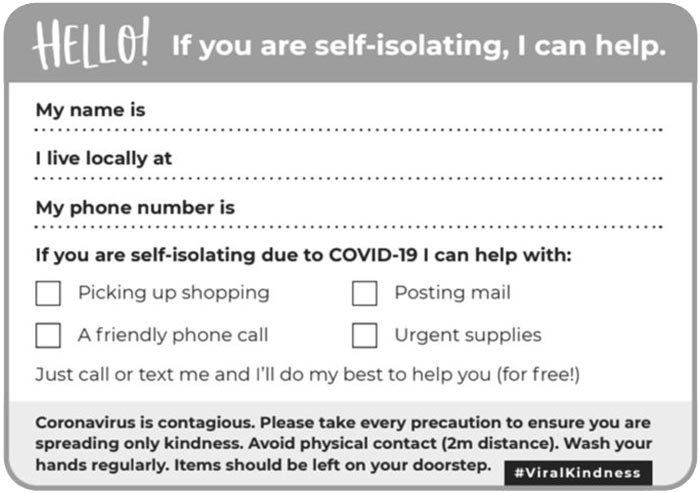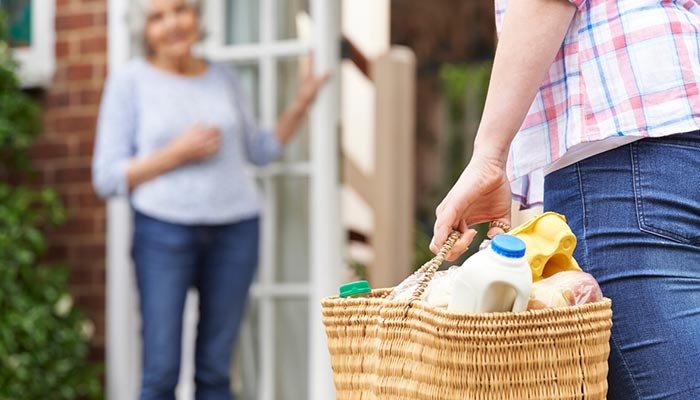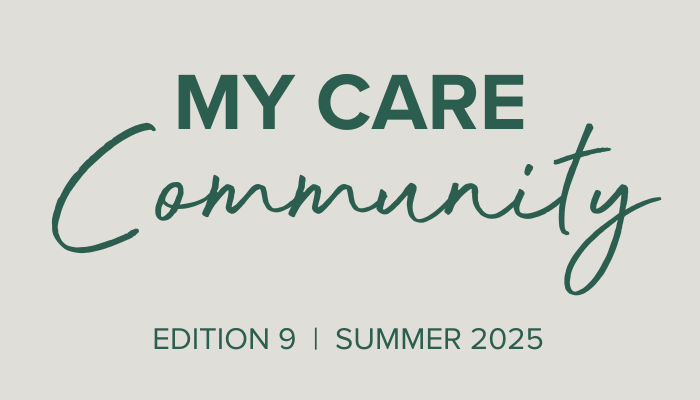According to the latest information released by the Department of Health, individuals aged 60 years or over are more susceptible to getting sick with COVID-19 (coronavirus).
The data from China could not be more stark. If our mortality rates mirror China’s, one in seven people aged between 80 and 89 years who contract coronavirus will die from it.
Why does the risk of contracting COVID-19 increase with age? Research suggests two main reasons: the effects of age on the immune system and the increased likelihood of older individuals suffering from underlying conditions.
The risk is particularly high for individuals living with dementia or some form of cognitive impairment. This is because the ability to follow instruction or alert others about symptoms may be compromised.
If you’re aged 60 and above, what can you do to protect yourself?
There is currently no cure or vaccine for the virus, or immunity in the community. However, there are important steps that can be taken to prevent the spread of COVID-19.
If you are an older person, you can reduce the risk of contracting COVID-19 by:
- Washing your hands often with soap and water, especially before and after eating, after going to the toilet or in public places, and using alcohol-based hand sanitisers where available
- Adopting social distancing measures such as staying 1.5 metres away from other people
- Limiting physical contact with other people even if you are feeling well, especially young children and young people who may be carriers of COVID-19 without showing symptoms
- Limiting visitors in your home to one or two people per day and limit the duration of visits; alternatively cancel visits and request family and friends to contact you via phone or email
- Staying at home unless it’s necessary to leave; alternatively request the assistance of younger loved ones, neighbours or aged care providers to help with grocery shopping and prescription collection
- Maintaining activity and movement in your home; consider light exercise and engaging in home-based hobbies
- Becoming familiar with new technology; FaceTime, Facebook and emailing can help you stay in contact with family and friends whilst streaming services such as Netflix and Stan can help you pass the time at home
- Covering your coughs and sneezes with your elbow or a tissue and disposing of used tissues into a dedicated waste bin immediately
- Contacting the National Coronavirus Helpline on 1800 020 080 or your GP if you are feeling unwell and self-isolating while you await further advice
If you have an older loved one, what can you do to help them?
The increasing likelihood of older people being required to self-isolate will have an impact in terms of mental health and increased loneliness. In the weeks and months ahead, it will be important to strike a balance between protecting your older loved ones from the virus and nurturing their mental health and wellbeing.
You can help your older loved ones and other elderly and vulnerable groups within your community by:
- Making sure the elderly and vulnerable people you know have everything they need; offer to pick up some grocery shopping, run some errands or collect prescription medication
- Considering how you communicate with your older loved ones about the virus; emphasise the importance of self-isolation and good hand hygiene, and be open and honest about your fears and vulnerabilities if they refuse to take precautions
- Maintaining regular contact via phone or video chat rather than personal visits, particularly if you are young and healthy as you may be carrying the virus without symptoms
- Engaging the assistance of a home care provider that has documented policies, procedures and systems regarding the virus
- Contacting the care facility or home care provider that provides support to your older loved one to find out about the precautions they have in place
- Contacting the National Coronavirus Helpline on 1800 020 080 or your GP if you are feeling unwell and self-isolating while you await further advice
- Sticking this #ViralKindness postcard in the letterboxes of your elderly neighbours to see how you can help

For the latest advice, information and resources, go to www.health.gov.au or www.healthdirect.gov.au/coronavirus. The phone number of your state or territory public health agency is available at www.health.gov.au/state-territory-contacts.
Call the National Coronavirus Help Line on 1800 020 080. It operates 24 hours a day, seven days a week. If you require translating or interpreting services, call 131 450.



